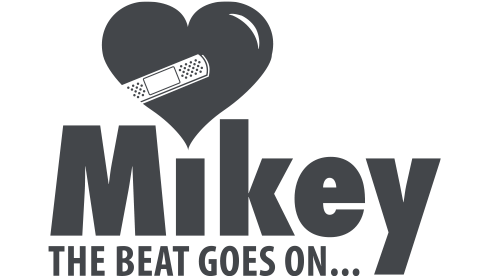Healthy Ways to Speed up Your Metabolism
This week’s Fitness Post is brought to you by personal trainer Igor Klibanov from Fitness Solutions Plus.
Everyone wants a fast metabolism, and for good reason. A fast metabolism gives you lots of energy, and the ability to eat “bad” foods without paying the price (immediately, anyway).
But let me correct you. You don’t want a super-fast metabolism. You want an optimal metabolism. There is such a thing as too fast, and if your metabolism is too fast, yes, you burn fat, but you also burn muscle (or have a very hard time building muscle) and bone. Not ideal effects.
Another half myth is that your metabolism slows down as you age. I say “half myth” because people seriously overestimate how much their metabolism slows down as they age. If you’re 50 years old and have more fat than you did at 20 is it because you’re 30 years older? Or is it because when you were 20, you used to play basketball 2 hours a day? Or think back to when you were 10 years old. Do you have more fat now than you did back then because you’re older or because you used to play tag during recess?
Sure, there’s no question that metabolism slows down as you age, but the amount that it slows down due to aging is much smaller than you think. That’s both good and bad news. The good news is that your metabolism is almost completely within your control. The bad news is that now you can’t use age as an excuse for the excess body fat you’re carrying.
But anyways, that’s just a bit of a rant.
How do you speed up your metabolism?
To answer that question, let’s look at what makes up your resting metabolic rate (RMR). There are 3 factors:
- Thermic effect of feeding. This is basically how many calories you burn just digesting the food that you ate. With fat, you use up 2-3% of the calories you ate to digest and assimilate it. With carbohydrates, you use 5-10% of the calories you ate to digest and assimilate it. With protein, you use 25-30% of the calories you ate to digest and assimilate it.
- Physical activity. This can be divided into:
a) Exercise
b) Non-exercise physical activity (NEPA).
It’s in the physical activity department where the greatest potential lies in speeding up your metabolism. With exercise, if you are able to put on lean body mass, you will speed up your metabolism. Muscle speeds up your metabolism. And healthy organs speed up your metabolism even more. Remember, the term “lean body mass” doesn’t just mean muscle. It means everything that isn’t fat. That includes your brain, your skin, your liver, your digestive and reproductive organs, etc. By having well-functioning internal organs, your metabolism will naturally speed up (if it’s slow).
NEPA is an interesting one, because there is quite a bit of evidence to suggest that the difference between the naturally thin person and the person struggling. NEPA, as the name implies is everything that isn’t exercise. It’s the fidgeting, chewing the food more, walking around more, tapping your pen/pencil, etc.
Naturally thin people burn as much as 900 calories per day through NEPA alone!
That’s great news for you if you have body fat you’d like to lose. Much of it is within your control.







